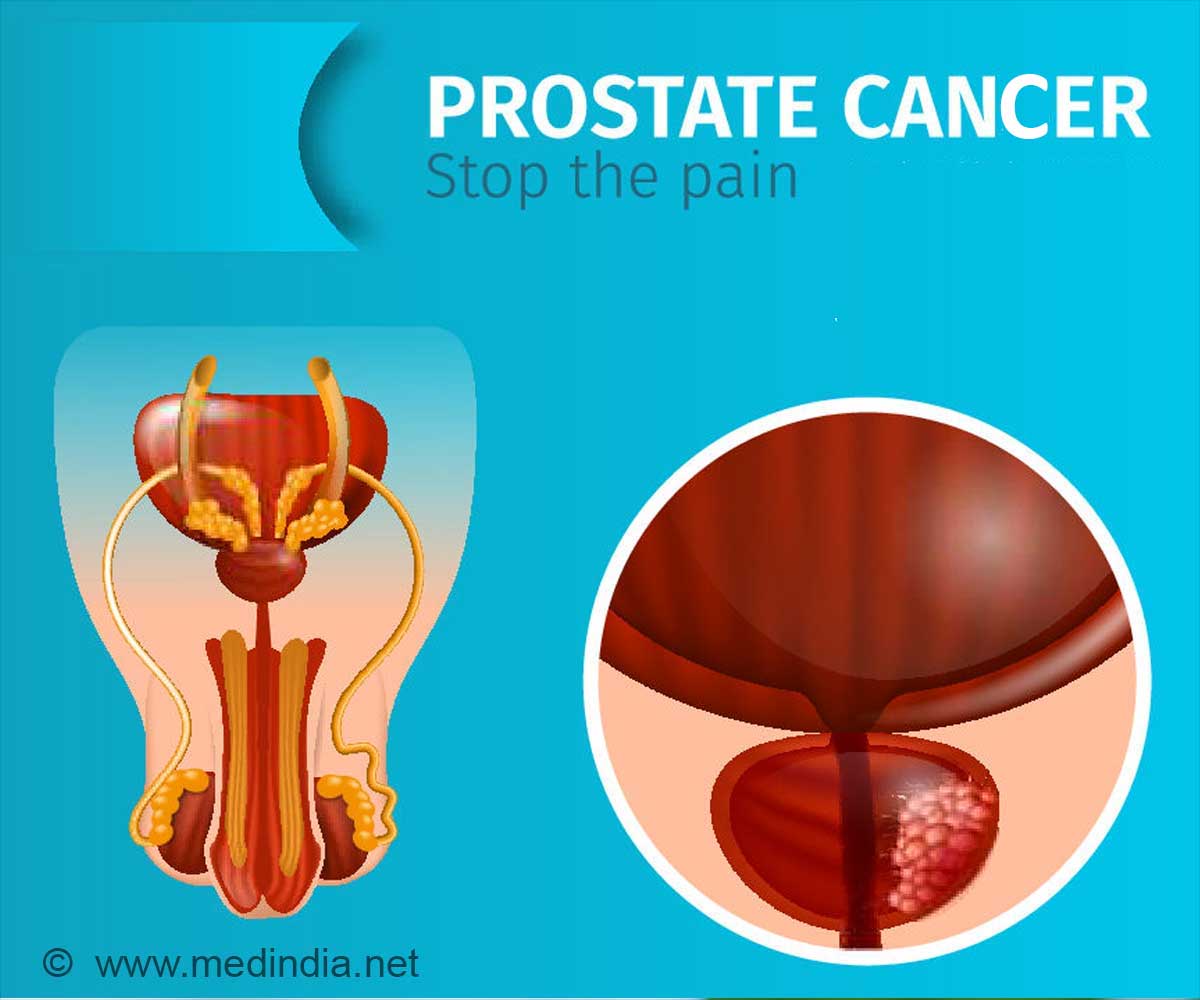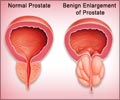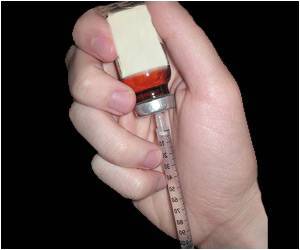Estrogen regulating drugs might aid in prevention of enlargement of the prostate gland in older men according to Australian scientists.

Professor Gail Risbridger, of Monash University in Melbourne said, “We still have to try the drugs in humans, but so far these are very promising results.”
“This work holds out the possibility that we may be able to help patients with benign disease as well as men with prostate cancer by using these designer drugs.”
Enlarged prostate, or benign prostate hyperplasia (BPH) is a common disease in men over 60 causing urinary problems, infections and pain.
Although estrogen is generally considered a female hormone it also plays a role in the development of the prostate gland having both positive and negative effects.
Risbridger said, “There are two things that estrogens do, good and bad, but in different diseases.”
Advertisement
On testing an estrogen receptor-beta agonist on transgenic mice with BPH Risbridger and her team found that the drug activated just one of the two cell receptors for the hormone to produce the positive impact. This was presented at the Society for Endocrinology conference.
She said, “When you give one of the estrogen selective drugs that only activates a particular type of estrogen receptor, beta, you can prevent the hyperplasia from developing.”
The drug was found to stop the development of the illness and improve the health of the animals which had existing BPH.
Risbridger added, “Ideally, we would want to promote the good effects of estrogen receptor beta and block the bad effects of estrogen receptor alpha.”
“It’s interesting work, and we are pleased that preclinical testing may translate into real benefits for patients.”
Source-Medindia
NLA


![Prostate Specific Antigen [PSA] Prostate Specific Antigen [PSA]](https://www.medindia.net/images/common/patientinfo/120_100/prostate-specific-antigen.jpg)








